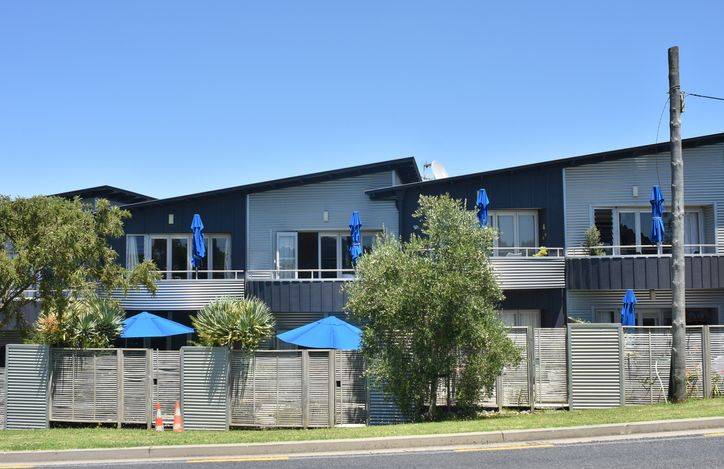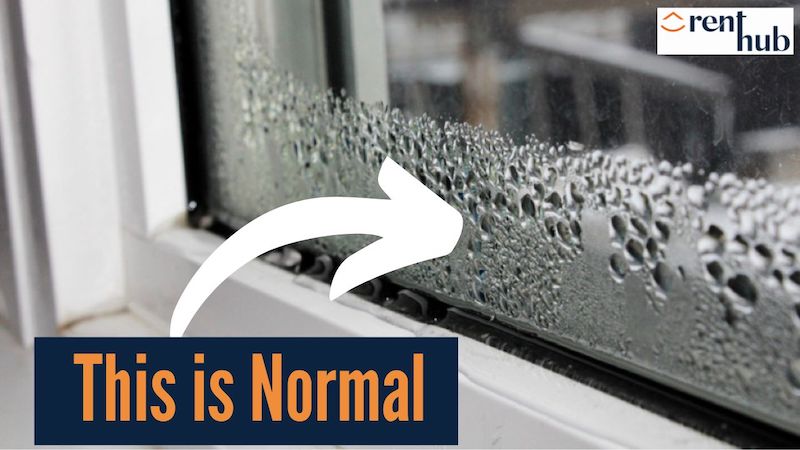So, you’re looking to purchase an investment property and are busy scrolling through websites and doing the numbers to see which property would make a good investment.

However, once you have the keys, any hidden issues become your problem. So the time to check the property is before you buy it.
Noticing any issues when you are viewing the property means you can address the issues with the current owner and get them written into the contract or use the issues to negotiate a better sale price.
Before you sign on the dotted line here are some tips for things to look for before going ahead with your purchase.
1 – Check for water damage
Water damage can be hidden with a fresh coat of paint, well placed furniture, or a candle to cover the smell of mould.
If you are seriously interested in the property spend the money and pay for a building inspector to come and complete an inspection report.
They know the areas of a property to check to identify water damage. They check the exterior of the property and also look at the foundations.
2 – Inspect the roof
It’s near impossible to tell from ground level what the true condition of the roof is until you can access the roof cavity for a proper inspection.
As part of their inspection, a building inspector will take a thorough look at the roof and will be able to pick up if the current owner may have done a do-it-yourself or temporary repair that can cover up a problem. .
3 – Look for structural cracks and flooring problems
Structural cracks are common, can be costly and are another issue that is easy to hide with some paint and filler.
Cracks or creaky and uneven floors can be a sign of structural movement or a renovation that hasn’t been completed properly.
A building inspection report will identify these issues as well as things such as any foundation movement. If there are structural cracks, you can then get quotes to find out what the cost to repair would be which will help you with price negotiations.
4 – Be wary of open home times
The timing of open homes is often no accident.
This is where the saying ‘buyer beware’ is important to keep in mind.
5 – Ask the real estate agent lots of questions when viewing the property.
Example questions include:

- If the property is on a main road ask is there any particular times of the day when the traffic is problematic or noisy. This could have an affect on the amount of rent you will get so is a good thing to check out.
- Ask if there any known weathertightness issues with the property.
- Ask if the property is currently a rental. If the answer is yes, ask if it has been tested for methamphetamine (commonly known as ‘P’ or meth) or if the agent knows if it was used for the production of meth or any other drugs.
- Check where the sun rises. Consider visiting at a couple of different times of the day so that you can check if the property is either really cold or hot at a particular time of the day.
- If the property is a rental ask for the Healthy Homes Compliance Certificate. You want to know that all is in order as if it’s not it would be an added cost to you to bring the property up to Healthy Homes standards.
Being proactive and carefully checking potential properties can help you identify problems early and save you money on the purchase or help you decide to move onto another property.
Buying a property with serious defects can be costly. That’s why it’s wise to be armed with these (and other) ways to find problems in a property.
Remember, this article does not constitute financial or legal advice. Please consult your financial and legal professionals before making any decisions for yourself.



